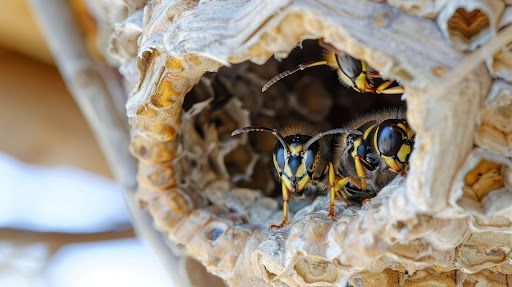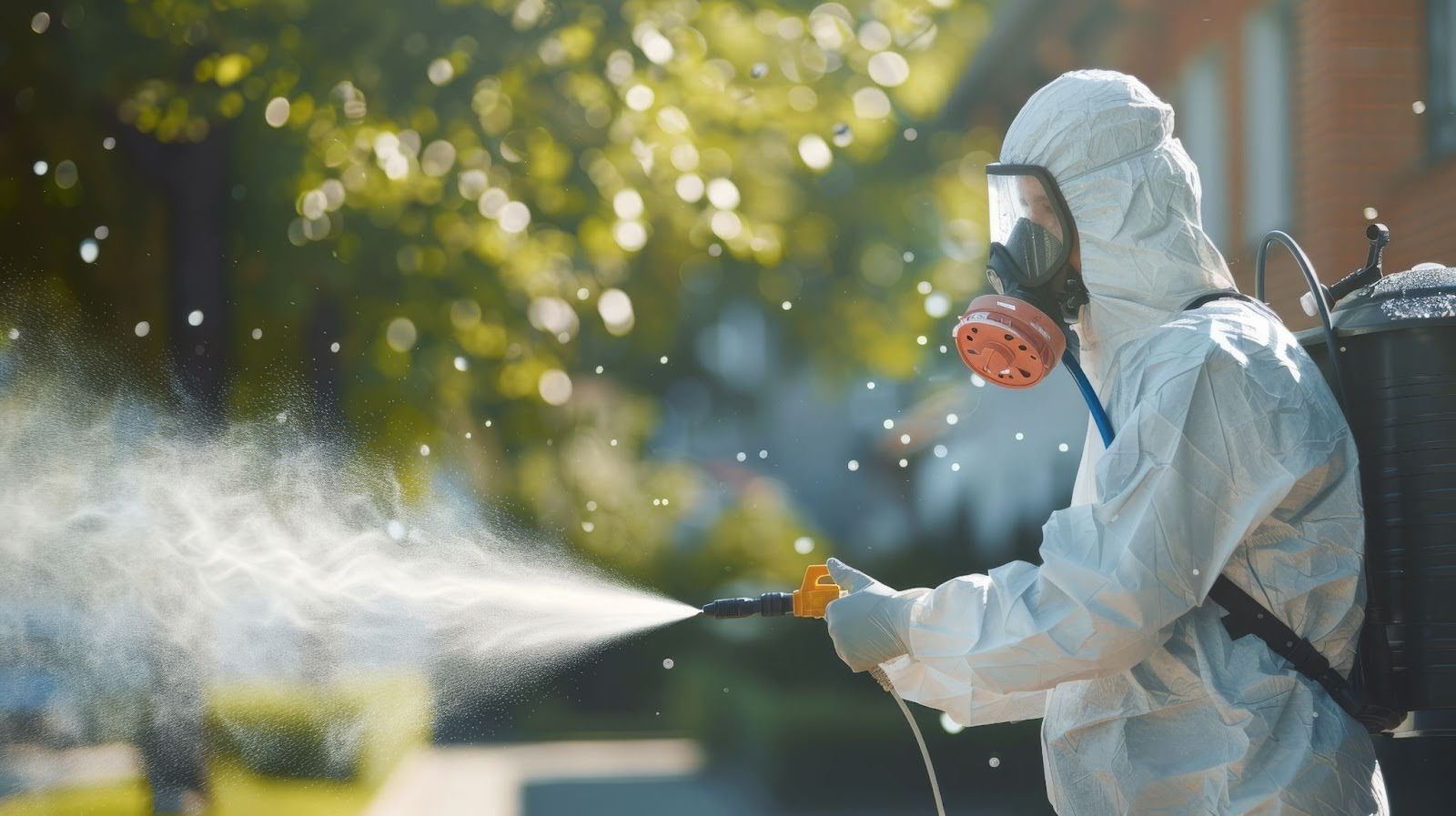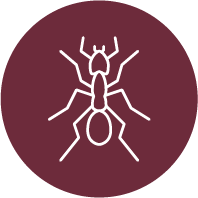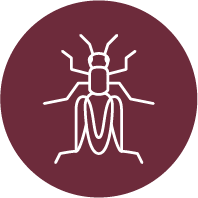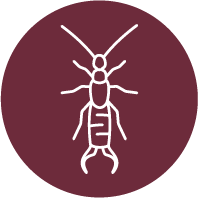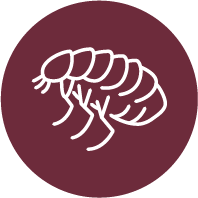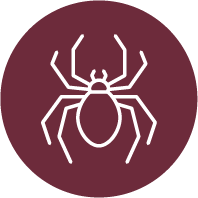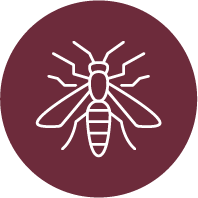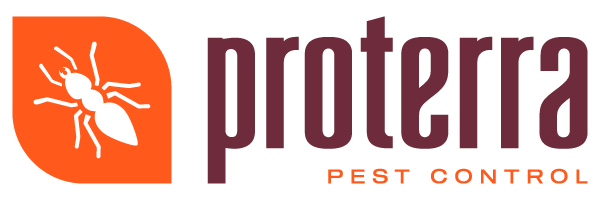March 12, 2025
Hosting outdoor events in Kennewick, Pasco, and Richland is a point of pride for many property owners and community organizers. The Tri-Cities region, celebrated for its enthusiastic festivals and vibrant gatherings, draws thousands of visitors each year. These seasonal events can also bring an uptick in pest activity, creating unique challenges that require proactive approaches. By understanding how local festivities influence pest behavior, property owners can devise strategies that keep their events running smoothly. Why Events Impact Pest Activity The Tri-Cities host an array of community gatherings—farmers' markets, cultural festivals, and sports events—often featuring food, beverages, and lively crowds. According to Visit Tri-Cities , the region sees a steady stream of events throughout the year. While this is fantastic for tourism and community engagement, the combination of food waste, foot traffic, and changing weather conditions can inadvertently attract pests. For example, warmer months with outdoor barbecues provide more scraps for insects. Meanwhile, fall festivals with sweet treats can tempt stinging pests like wasps and bees. Understanding these seasonal patterns helps property owners anticipate the types of insects or rodents that might appear and implement strategies to keep them at bay. Common Pests During Event Seasons Though pest pressures vary, a few culprits tend to show up more often when crowds gather: Ants: Drawn to sweet or greasy foods left behind. Wasps and Bees: Attracted by sugary drinks and food residues. Flies: Thrive in warm weather conditions and around food sources. Rodents: Seek easy meals from improperly disposed trash or leftover food. Each of these pests can cause discomfort for attendees, and in some cases, they may even pose health risks. In fact, the National Pest Management Association (NPMA) highlights that pests have the potential to spread disease and contaminate food when left uncontrolled. By taking preventive measures, you can significantly reduce the likelihood of a major infestation. Practical Tips for Protecting Events Beyond simply cleaning up after gatherings, it’s important to integrate prevention strategies into every stage of event planning. Some effective tactics include the following: Manage Food and Waste Properly Events often produce food scraps and waste that become magnets for insects and rodents. Placing covered trash and recycling bins at key points—and emptying them regularly—will discourage pests from settling in. Additionally, consider designating staff to clean up spills quickly, so there isn’t a lingering food source waiting to be discovered. Seal Entryways and Storage Areas Though Tri-Cities events commonly take place outdoors, it’s essential to keep interior spaces off-limits to visiting pests, especially if you’re hosting an event on private property. Inspect doors, windows, and other entry points for any gaps or damage. Reseal or repair them to keep insects and rodents out. Storage areas, like sheds or utility buildings, should also be maintained to prevent pests from nesting there between events. Opt for Pest-Resistant Landscaping Pests can hide in overgrown or poorly maintained landscapes, especially shrubs, tall grass, or piles of debris. Trimming vegetation and clearing away organic matter reduces potential nesting spots. Moreover, selecting plants with natural pest-repellent properties—such as lavender and marigold—can help deter certain insects. While it’s impossible to eliminate every potential hiding place, proactive landscaping goes a long way toward minimizing the attraction of pests. Event-Specific Considerations Each city within the Tri-Cities region has unique traditions and festivals that come with their own pest management challenges: Kennewick: Known for community celebrations near the Columbia River, standing water can attract mosquitoes. Evaluate any areas of stagnant water, such as neglected buckets, ponds, or old tires, and remove or circulate them to cut down on mosquito breeding grounds. Pasco: Popular for its farmers markets and multicultural events, where produce displays and fresh foods can draw fruit flies if containers aren’t sealed. Installing fine mesh covers or netting over produce helps curb these insects. Richland: Home to outdoor fairs on large park grounds, which can shift pest pressures depending on the season. Keep an eye on weather conditions and plan for extra garbage pickups on particularly hot days when pests thrive. By customizing your approach based on city-specific factors, you’ll be well-prepared for local festivities. Even subtle changes—like adjusting trash pickup schedules or choosing pest-resistant foliage—can lead to noticeable improvements in comfort and safety for event guests. Balancing Pest Control With Community Health Today’s pest control strategies emphasize methods that minimize risk to people and the environment. To preserve the family-friendly atmosphere of these community events, consider adopting measures that prioritize prevention over reactive solutions. For instance, integrated pest management (IPM) techniques focus on using targeted controls and monitoring pest populations closely. Employing these methods ensures you’re deterring pests long before they become uncontrollable problems. Choosing weather-resistant trash bins, scheduling prompt waste disposal, and carefully selecting where food vendors can set up are all part of a responsible, eco-conscious approach. Keep Events Enjoyable and Pest-Free When planning any Tri-Cities event—large or small—take a moment to consider how pests might disrupt your activities. Implement practical steps, from managing food waste to sealing possible entry points, so guests can focus on having a great time. If you do spot early signs of infestation such as a growing ant trail or repeated wasp nests near seating areas, prompt intervention is key. Quick action prevents minor pest issues from becoming show-stoppers during your event. Stay Protected Throughout the Season As Kennewick, Pasco, and Richland continue to flourish with exciting gatherings and seasonal celebrations, you’ll want to stay prepared for new pest challenges year-round. If you’re looking for expert guidance, Proterra Pest Control’s services address common infestations with an emphasis on proven, responsible solutions. Remember, you don’t have to handle pest issues alone. When you’re ready to ensure your upcoming Tri-Cities events remain both welcoming and pest-free, we encourage you to reach out to our team. For personalized advice or to schedule professional assistance, visit our Contact Page . Let’s work together to keep your property clear of unwanted guests—so everyone can focus on celebrating the best of the Tri-Cities.
